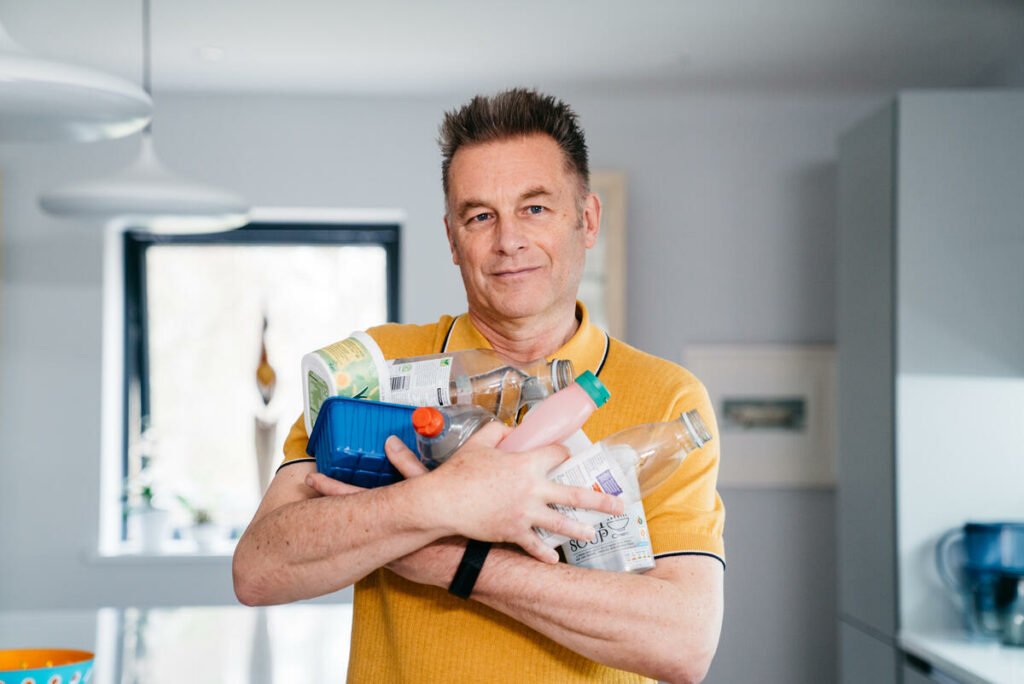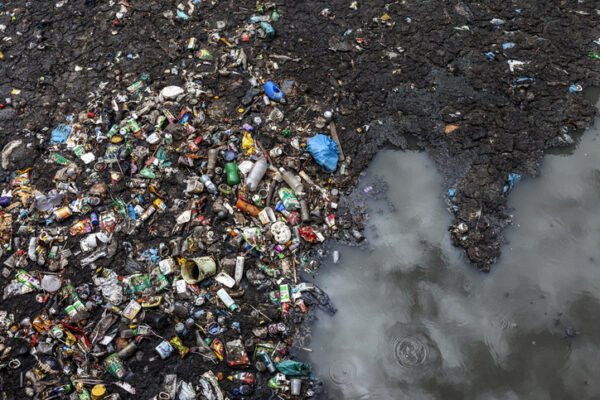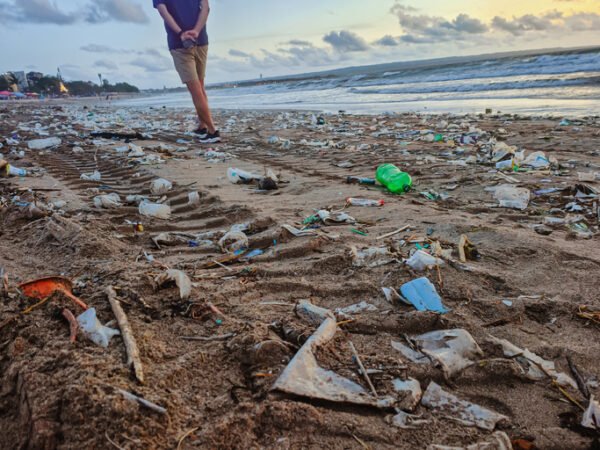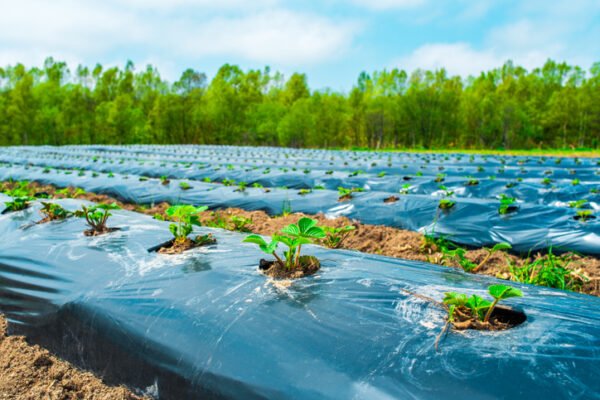Main image: Chris Packham, © Isabelle Povey / Greenpeace
From Devon to Dundee, across all 650 parliamentary constituencies, more than 30,000 participants are ready to count their plastic waste as registration opens for The Big Plastic Count, including 3,800 school classes and 2,300 teachers.
The return of the UK’s largest survey into household plastic waste is set to take place 11-17 March 2024.
A tipping point for action?
For the national plastic-counting campaign, returning for its second time, Greenpeace UK and the non-profit organisation Everyday Plastic are inviting individuals, households, schools, community groups and businesses to take part in the largest plastic investigation of its kind.
University of Portsmouth, Tearfund, The Duke of Edinburgh’s Award and Surfers Against Sewage are among the organisations supporting the campaign.
‘The Big Plastic Count 2024 could be the tipping point for UK government action on plastic. The first Count saw the British public spend a combined 2,500 days, or seven years, counting our plastic rubbish to prove we’re drowning in plastic and can’t simply recycle our way out of the problem.
‘However, the UK government still hasn’t set a legally binding plastic reduction target.
‘Now we’re back to gather even more proof so that UK politicians have no excuse not to act on plastic waste at home and overseas.
‘The Big Plastic Count 2024 is special because ministers can take our evidence to important UN Global Plastics Treaty talks in order to push for a new binding international agreement to reduce plastic production by at least 75% by 2040. Plastic waste is a global problem, and together, we can make sure it is tackled globally.’
LAURA BURLEY
Project lead, The Big Plastic Count, Greenpeace UK
Act on plastics
Participant statistics from The Big Plastic Count will generate unique data on how much plastic packaging waste leaves UK homes.
Campaigners will use the results to confront UK ministers with the scale of the plastic waste problem and push them to lead the way at the next round of negotiations for the Global Plastics Treaty set to be held in Ottawa, Canada, from April 23 to April 29.
The treaty could lead to a legally binding global agreement on plastic pollution – but it will only deliver the kind of ambitious action needed if countries like the UK push for agreement to reduce plastic production by at least 75% by 2040 and speed up the introduction of innovative reuse and refill models.
‘The plastic crisis hasn’t gone away but our government is still tinkering at the edges of meaningful action. Recycling systems can’t cope with the volume of plastic packaging we use, so the government and companies must act to turn off the tap at the source.
‘Since Blue Planet II in 2018, the public has been clamouring for action on plastic pollution and, six years later, the government has run out of excuses.
‘In this election year we urge you to join us for the return of The Big Plastic Count. We need UK ministers to stand up and push for an ambitious Global Plastics Treaty that radically reduces plastic production and accelerates national reuse and refill systems.’
NINA SCHRANK
Head of Plastics, Greenpeace UK
UK plastic: the figures
Almost a quarter of a million people participated in The Big Plastic Count in 2022.
The campaign revealed that UK households throw nearly two billion pieces of plastic packaging away weekly.
Just 12% is recycled in the UK, with the rest being burned, shipped abroad or left in landfill.
83% of plastic recorded was from food and drink packaging waste, the most common item being fruit and vegetable packaging.
 Play Video about This Rock Might Just Save The World
Play Video about This Rock Might Just Save The World Play Video about Play 2 hours of rock
Play Video about Play 2 hours of rock Play Video about Play 2 hours of brook
Play Video about Play 2 hours of brook Play Video about Play 2 hours of sheep
Play Video about Play 2 hours of sheep















































